Our Science
We translate our world-class expertise in cardiovascular signaling pathways into groundbreaking therapeutics

Our Innovative Approach Has Resulted in
Two Groundbreaking First-in-Class Clinical Programs:
PDE9 and CaMKII Inhibitors

PDE9 (Phosphodiesterase-9) Inhibition
The natriuretic peptide signaling pathway plays an important beneficial role in cardiac function. Cyclic guanosine monophosphate (cGMP) is generated by activation of the natriuretic peptide receptor on heart cells and is the critical second messenger in this pathway. PDE9 is an enzyme that selectively degrades cGMP and it is now understood that PDE9 is elevated in all forms of heart failure, limiting the beneficial effects of the natriuretic peptide signaling pathway. By inhibiting PDE9, our goal is to increase the levels of cGMP in heart cells and enhance the beneficial natriuretic peptide signaling pathway, improving cardiac function.
Learn more about heart failure and our approach to treating it with PDE9 inhibition.
CaMKII (Calcium–Calmodulin-Dependent Protein Kinase II) Inhibition
With each heartbeat, heart muscle cells (cardiomyocytes) contract and then relax, a process that requires the cycling of calcium ions into and out of the cytoplasm of the cardiomyocyte. CaMKII is a protein kinase that modulates this calcium cycling. When CaMKII becomes hyperactivated in the setting of heart disease, the calcium cycling process becomes dysregulated, leading to arrhythmias, heart failure and other cardiac disorders. Our goal is to prevent the hyperactivation of CaMKII, thereby correcting the calcium cycling abnormalities that can cause cardiovascular disease.
Learn more about CaMKII and the diseases we are attempting to treat.


